Courses
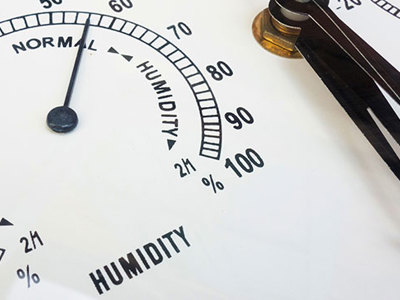
Caring for Museum Collections
This course provides an introduction to preventive conservation. During the 14 weeks of this course, we focus on identifying and quantifying the environmental factors or agents of deterioration that affect collections, and on developing strategies that mitigate those factors.
Read More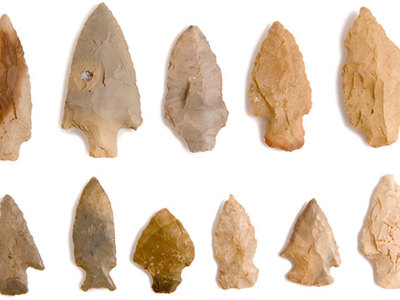
Collections Management
Central to the museum’s existence—from nature preserve to anthropology museum, contemporary art gallery to historical site—is the collection and use of objects and specimens: the material evidence of humans and their environment.
Read More
Communicating Through Exhibitions
The course is all about developing our practice in creating exhibitions that connect and communicate to their audiences effectively. As a foundation, we will analyze what makes certain exhibitions successful and how to look at exhibitions with a critical eye.
Read More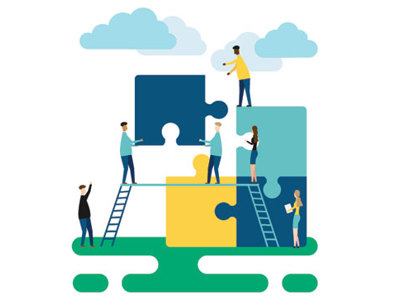
Community Engagement and Social Change
Museums and other cultural heritage organizations have the capacity to serve as dynamic social spaces for community engagement and action. This graduate course explores the profound social changes that are reshaping the nature and purposes of museums in a pluralistic society and considers the implications for all aspects of their specialized functions.
Read More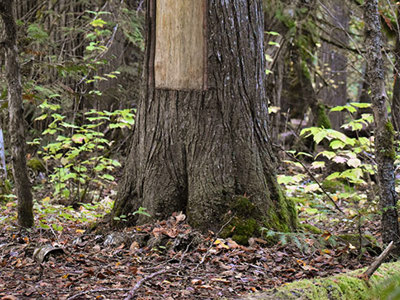
Cultural Landscapes
This course focuses on the complex nature of cultural landscapes and develops your ability to identify, evaluate and develop conservation strategies for landscape resources that are integral to your community.
Read More
Curatorial Planning and Practice
This course is designed to familiarize students with both the theory and practice of curating in art, history, anthropology, science and interdisciplinary museums. The first five weeks will focus on theory, history and ethics. Through reading, analysis and online discussion, students will explore and debate the evolving definitions of what is involved in curating. The remainder of the course will focus on practice.
Read More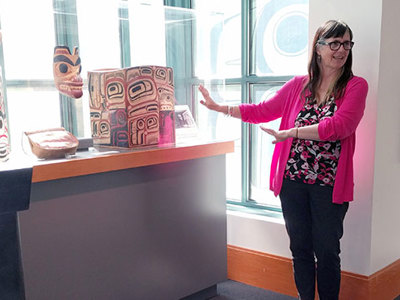
Curatorship: Contemporary Perspectives
Curatorship: Contemporary Perspectives reflects our growing understanding of the important relationships that exist between museums and their constituents. Museums and other public exhibition sites of all disciplines, sizes and settings are not only mirrors of society but also play influential roles.
Read More
Digital Planning for the Cultural Sector
Digital Planning for the Cultural Sector provides just-in-time training for professionals in the museum, heritage and cultural sector to develop the critical competencies and skills needed to make informed decisions around the future of digital technologies for cultural organizations.
Read MoreDocumentation and Recording for Indigenous Language Reclamation
This course is an examination of planning strategies, protocols and methods of data collection, analysis and organization appropriate for field activities associated with language preservation and revitalization.
Read MoreDynamics of Indigenous Language Shift
This course introduces the human dynamics—and political and social factors—associated with Indigenous language shift and language loss, including the profound psychological, intellectual and spiritual effects on individuals, families, communities and cultures.
Read More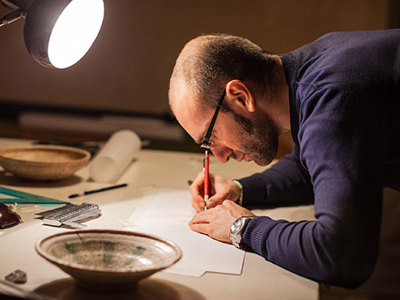
Exhibit Fabrication
Using a combination of lecture and hands-on time, this 6 day intensive course takes a practical look at the main aspects of exhibit production and installation. This course will provide museum professionals with the tools needed to create or update exhibition spaces, keeping in mind the tight resources and timelines faced by most cultural institutions today.
Read More
Exhibition Planning and Design
This intensive course examines the entire exhibition planning sequence: creating interpretive exhibitions that encourage museum visitors’ understanding, participation and emotional engagement.
Read More
Facilitating Intercultural Relationships
In this course, students will develop a range of interpersonal and organizational skills that build positive intercultural relationships and strengthen communication.
Read MoreFinal Project in Intercultural Studies and Practice
The final project will give students an opportunity to demonstrate their knowledge of both theory and practice in the area of intercultural studies and practice The final project will normally commence at the end, or towards the end, of the studen
Read More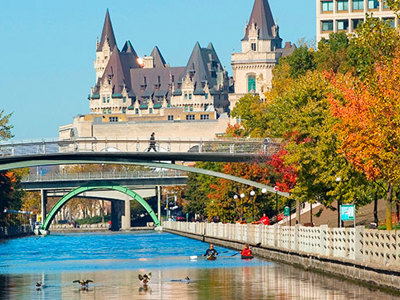
Heritage Area Conservation: Revitalization Visions and Realities
Topics in the conservation and rehabilitation of historic urban and rural areas. The historical, aesthetic, economic, social and legal aspects of heritage area planning are considered.
Read More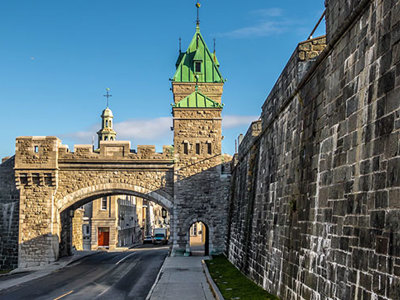
Heritage Conservation Planning
This course provides an overview of heritage planning, the field within heritage conservation that addresses interventions to historic places in the context of urban (and rural) planning and development. The objective of heritage planning is to manage change wisely.
Read More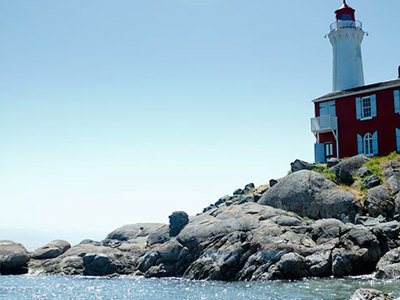
Heritage Resource Management
This course provides an introduction to the principles and practices of heritage conservation. The concept of heritage has expanded to encompass historic districts, cultural landscapes and living heritage as well as buildings, structures and gardens.
Read MoreIndigenous Cultural Stewardship
Develop an understanding of the historical relationship between the museum/heritage sector and Indigenous communities, and develop foundational knowledge and skills to support the preservation and stewardship of Indigenous tangible and intangible culture and heritage.
Read MoreIndigenous Language I
Teaching and learning of an Indigenous language at the first-year level. May be taken more than once for credit with permission of the academic advisor of the Certificate in Indigenous Language Revitalization.
Read MoreIndigenous Language II
Teaching and learning of an Indigenous language at the second-year level. May be taken more than once for credit with permission of the academic advisor of the Certificate in Indigenous Language Revitalization.
Read MoreIndigenous Language III
Teaching and learning of an Indigenous language at the third-year level. May be taken more than once for credit with permission of the academic advisor of the Certificate in Indigenous Language Revitalization.
Read MoreIndigenous Language IV
Teaching and learning of an Indigenous language at the fourth-year level. May be taken more than once for credit with permission of the academic advisor of the Certificate in Indigenous Language Revitalization.
Read MoreIndigenous Language Materials Development
This course examines the preparation and evaluation of curriculum and classroom materials for teaching Indigenous languages.
Read MoreIndigenous Language Mentorship I
A 100-hour mentorship with a fluent speaker (or speakers) to build oral fluency in an Indigenous language at the introductory level.
Read MoreIndigenous Language Mentorship II
A 100-hour mentorship with a fluent speaker or speakers to build oral fluency in an Indigenous language at the second-year level.
Read MoreIndigenous Language Mentorship III
A 100-hour mentorship with a fluent speaker or speakers to build oral fluency in an Indigenous language at the third-year level.
Read MoreIndigenous Language Mentorship IV
A 100-hour mentorship with a fluent speaker or speakers to build oral fluency in an Indigenous language at the fourth-year level.
Read MoreIndigenous Language Revitalization Practicum
A 70- or 140-hour work-study under the mentorship of an Elder or fluent speaker to develop understanding of local language preservation and revitalization issues and strategies.
Read MoreIntroduction to Indigenous Languages of British Columbia
In this course, you’ll examine the Indigenous languages of British Columbia, focusing on unique features. Also considered are techniques for language study from written materials and with Elders, and the revitalization of local languages.
Read MoreIntroductory Linguistics for Language Revitalization
This course introduces topics in the study of language and linguistics, providing a foundation for understanding language revitalization.
Read MoreIssues in Cross-Cultural Communication
Explores how "we" view ourselves and others, as well as how others view us, enabling students to develop understanding of principles and problems involved in entering into communication with individuals from different backgrounds.
Read MoreIssues, Principles and Best Practices in Language Revitalization
This course introduces contemporary issues, principles and practice models in the revival, maintenance and revitalization of Indigenous languages in Canada and around the world.
Read MoreLanguage and Land
Introduces and explores the links between Indigenous languages and land. This is a class that considers the WSÁNEĆ particular relationships to the place they come from.
Read MoreLanguage and Society
A study of language in its social context, covering aspects of linguistic variation within and across speech communities.
Read MoreLanguage in Indigenous Culture
An intensive examination of the ways in which language is embedded in the cultural heritage and social context of a selected community.
Read More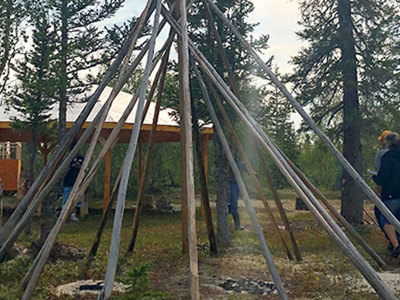
Language Learning, Language Revitalization and Social Action
In this course, you’ll examine formal and informal approaches to language teaching and learning in Indigenous community settings.
Read More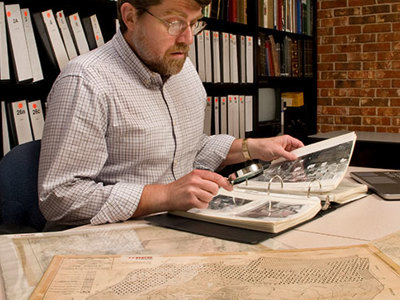
Managing Archival Collections
Many museums hold archival materials—including documents, maps, photographs and other documentary evidence—that require specialized care and management.
Read More
Managing Cultural Organizations
This course provides participants with an opportunity for intensive study of the application of management theory and practice in cultural organizations.
Read More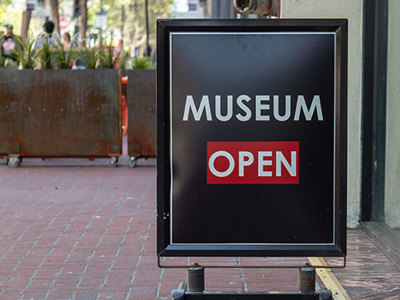
Museum Principles and Practices I
This course covers the foundations of museum practice and goes on to explore the various ways in which museums create and preserve knowledge through their curatorial and collections management functions.
Read More
Museum Principles and Practices II
By balancing theory and practice, this course provides a foundation for your work in museums and challenges you to develop your professional philosophy, to think critically, and to recognize both the constant and the changing factors that shape museum work.
Read More
Museums as Learning Environments
we will discuss and debate theories of education and learning in general and as applicable to art and cultural institutions, learn about diverse nonformal education activities and philosophies and informal learning strategies, and explore the historical and contemporary pedagogical challenges these institutions face as learning environments in a troubled world.
Read More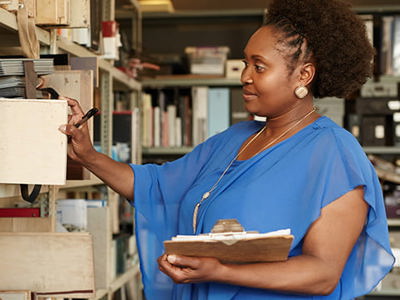
Practicum in Cultural Resource Management
Application of cultural resource management theories to field-based practice through placement with an organization.
Read MorePracticum in Intercultural Studies and Practice
The practicum provides a unique opportunity for Intercultural Studies and Practice students to integrate theory with practice in an intercultural setting.
Read More
Public Programming
In this course, you will examine the critical role of interpretation and public programming in helping museums and heritage organizations engage their communities in meaningful and long-term ways. You’ll explore how organizations can create memorable learning experiences for visitors by understanding their needs, motivations, learning preferences, and contextual influences.
Read MoreRace, Gender and Power
An exploration of feminist and non-feminist theories of race, racism and racialization in relation to other sources of structured social inequality. Approaches will include political, economic, cultural and psychoanalytic theories.
Read MoreRace, Racism, and Ethnicity in Canada Since 1900
This course surveys the place and meanings of race and ethnicity in Canada since 1900.
Read MoreRace, Racism, and Ethnicity in Canada to 1900
This course explores the development of racial discourses from the colonial settings of New France and the British Empire in Northern North America to the end of the first period of mass-immigration at the turn of the 20th century.
Read MoreRacialization and Ethnicity
Using mainly Canadian examples, this course examines theories and research on racialization, racism and ethnic identities with special emphasis on their relationship to social inequalities.
Read More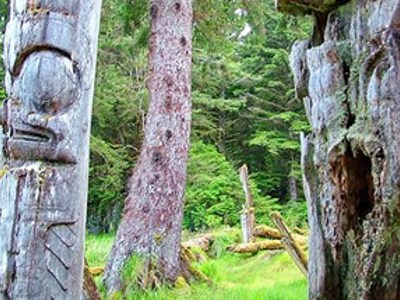
Recognizing the Significance of Heritage Resources
This course guides you through the process of determining significance of heritage resources, mainly historic places. It guides you through methods to identify values that are associated with historic places and synthesize them into an argument of significance in other words the reason to preserve them.
Read More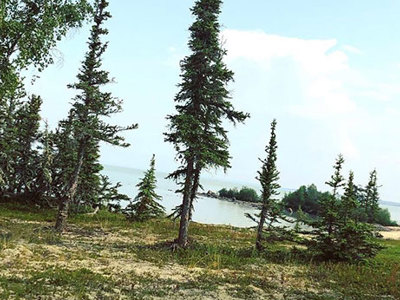
Special Topics in Language Revitalization
An intensive study of some aspect of language preservation and/or revitalization. May be taken more than once for credit in the Certificate in Indigenous Language Revitalization program.
Read More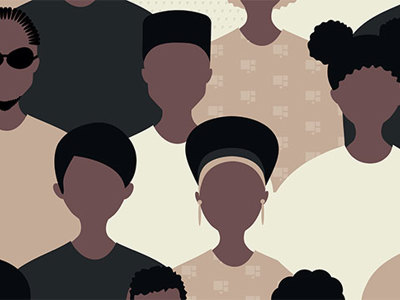
Understanding “Black Identity” in the Context of Canadian Mainstream Culture
An exploration into historical and contemporary experiences of Black people in Canada.
Read More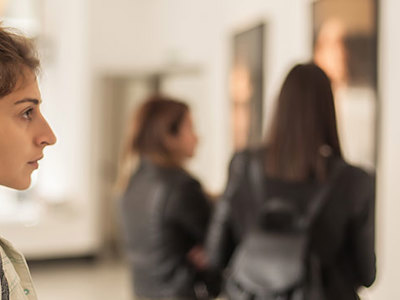
Visitor Experiences
This course explores the evolving concept and implications of an holistic approach to visitor engagement in museums and other cultural heritage institutions.
Read MoreWorking With Existing Indigenous Language Documentation
Examines planning strategies, protocols and methods for working with existing documentation to support language reclamation and revitalization. Topics include: engaging with existing documentation; organizing and archiving documentation; creating accessible resources from documentation (digital and printed); strategies for community involvement; project planning; protocols; ethical and intellectual property issues.
Read More

